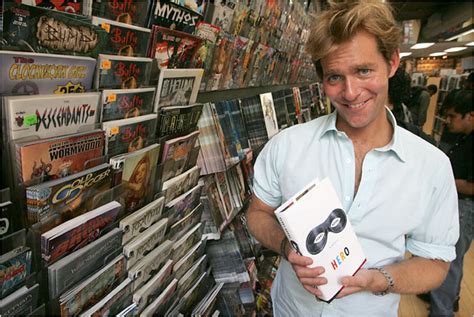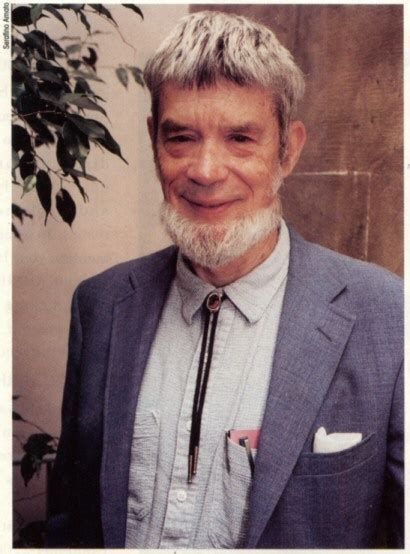A Quote by Milan Kundera
Human life occurs only once, and the reason we cannot determine which of our decisions are good and which bad is that in a given situation we can make only one decision; we are not granted a second, third, or fourth life in which to compare various decisions.
Related Quotes
Decisions are constantly before us. To make them wisely, courage is needed-the courage to say no, the courage to say yes. Decisions do determine destiny. I plead with you to make a determination right here, right now, not to deviate from the path which will lead to our goal: eternal life with our Father in Heaven.
I believe that movements start when individuals who feel very isolated and very alone in the midst of an alien culture, come in touch with something life-giving in the midst of a death-dealing situation. They make one of the most basic decisions a human being can make, which I have come to call the decision to live "divided no more," the decision to no longer act differently on the outside than one knows one's truth to be on the inside
The most basic principle to being a free American is the notion that we as individuals are responsible for our own lives and decisions. We do not have the right to rob our neighbors to make up for our mistakes, neither does our neighbor have any right to tell us how to live, so long as we aren’t infringing on their rights. Freedom to make bad decisions is inherent in the freedom to make good ones. If we are only free to make good decisions, we are not really free.
Character cannot be summoned at the moment of crisis if it has been squandered by years of compromise and rationalization. The only testing ground for the heroic is the mundane. The only preparation for that one profound decision which can change a life, or even a nation, is those hundreds of half-conscious, self defining, seemingly insignificant decisions made in private. Habit is the daily battleground of character.
To the man who is truly ethical all life is sacred, including that which from the human point of view seems lower in the scale. He makes distinctions only as each case comes before him, and under the pressure of necessity, as, for example, when it falls to him to decide which of two lives he must sacrifice in order to preserve the other. But all through this series of decisions he is conscious of acting on subjective grounds and arbitrarily, and knows that he bears the responsibility for the life which is sacrificed.
In their zeal for particular kinds of decisions to be made, those with the vision of the anointed seldom consider the nature of the: process: by which decisions are made. Often what they propose amounts to third-party decision making by people who pay no cost for being wrong-surely one of the least promising ways of reaching decisions satisfactory to those who must live with the consequences.
My life is absolutely meaningless. When I consider the different periods into which it falls, it seems like the word Schnur in the dictionary, which means in the first place a string, in the second, a daughter-in-law. The only thing lacking is that the word Schnur should mean in the third place a camel, in the fourth, a dust-brush.
Upon the first goblet he read this inscription, monkey wine; upon the second, lion wine; upon the third, sheep wine; upon the fourth, swine wine. These four inscriptions expressed the four descending degrees of drunkenness: the first, that which enlivens; the second, that which irritates; the third, that which stupefies; finally the last, that which brutalizes.
Given a situation, a system with a Leerstelle [a gap], whether a given completion (Lueckenfuellung) does justice to the structure, is the "right" one, is often determined by the structure of the system, the situation. There are requirements, structurally determined; there are possible in pure cases unambiguous decisions as to which completion does justice to the situation, which does not, which violates the requirements and the situation.





































